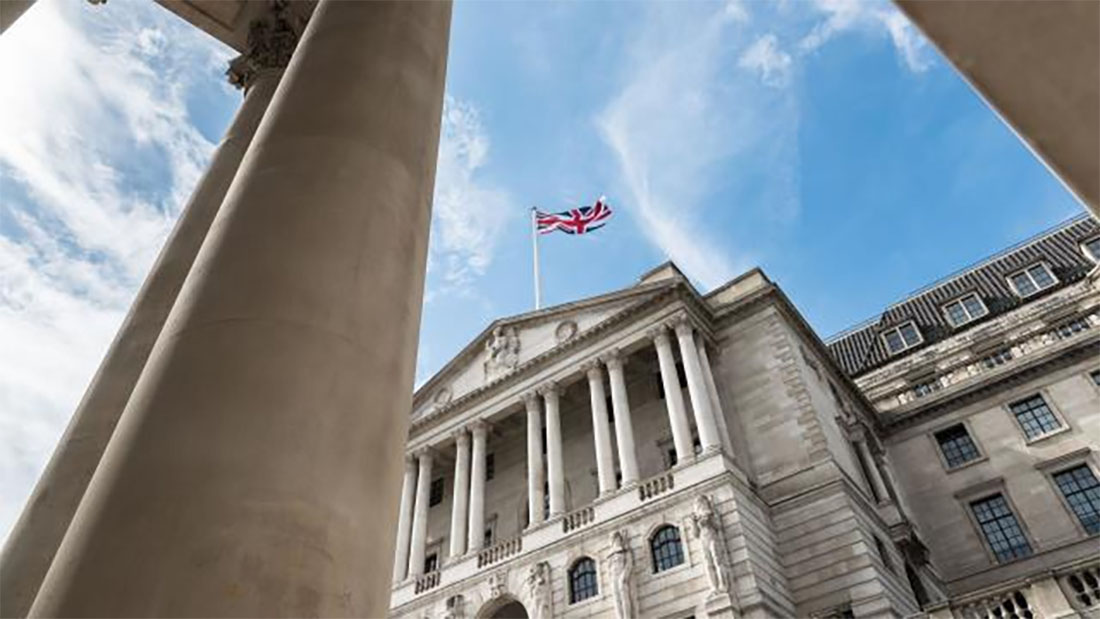
Photo Credit: Getty Images
Citing lower UK inflation, the Bank of England has cut its main interest rate by a quarter of a percentage point. The widely anticipated move brings the main cost of borrowing in Britain to 4.25% and marks the fourth rate cut by the central bank since it began easing monetary policy in August of last year.
The central bank said in a statement that “substantial progress” on reducing inflation over the past two years has allowed it to gradually cut rates. But it also said that “uncertainty surrounding global trade policies has intensified” since US President Donald Trump’s tariffs have ignited a trade war in recent weeks.
“Prospects for global growth have weakened as a result of this uncertainty and new tariff announcements, although the negative impacts on UK growth and inflation are likely to be smaller,” the central bank said.
Bank officials thought the global trade war was likely to drag on the UK economy, according to the minutes of the bank’s Wednesday policy meeting.
Speaking to reporters Thursday, Bank of England Governor Andrew Bailey said he welcomed reports that the United Kingdom and the United States announced a trade deal later in the day.
“It will help to reduce uncertainty,” he said, adding that the UK is “a very open economy” that is affected by the consequences of Trump’s tariffs and trade policies applied to other countries.
Last month, he said he was concerned about the potential “growth shock” to the UK from Trump’s tariffs. In an interview with CNBC, Bailey said the “sheer level of uncertainty” Trump’s trade policy injected into the global economy means that businesses are more likely to hold off making investments and consumers will be less willing to spend.
Bailey, in his interview with CNBC, said the higher US tariffs could also lower UK inflation. That would give the Bank of England more room to cut rates if the economy needed a boost.
















